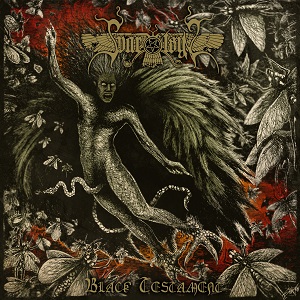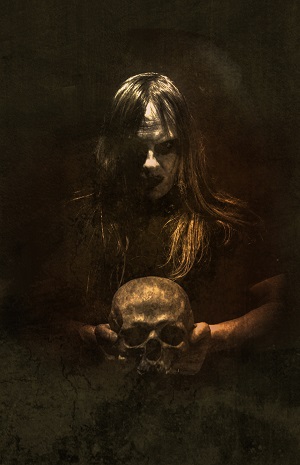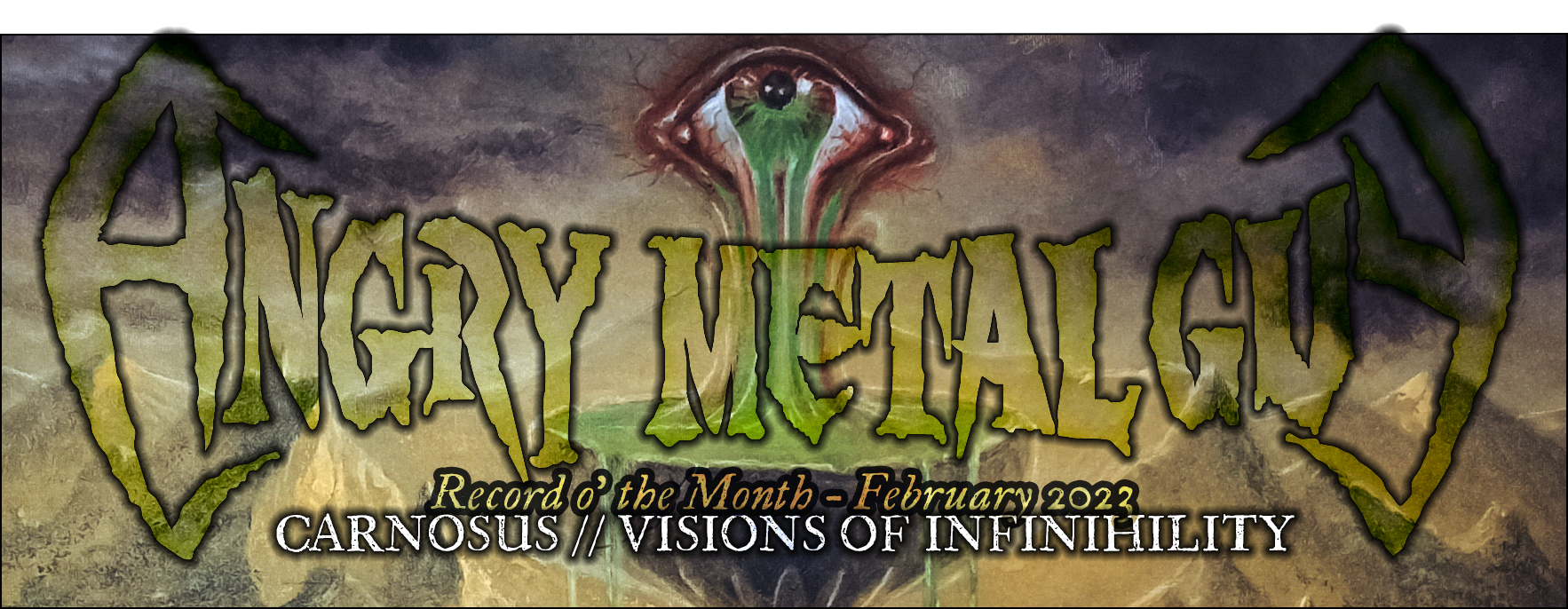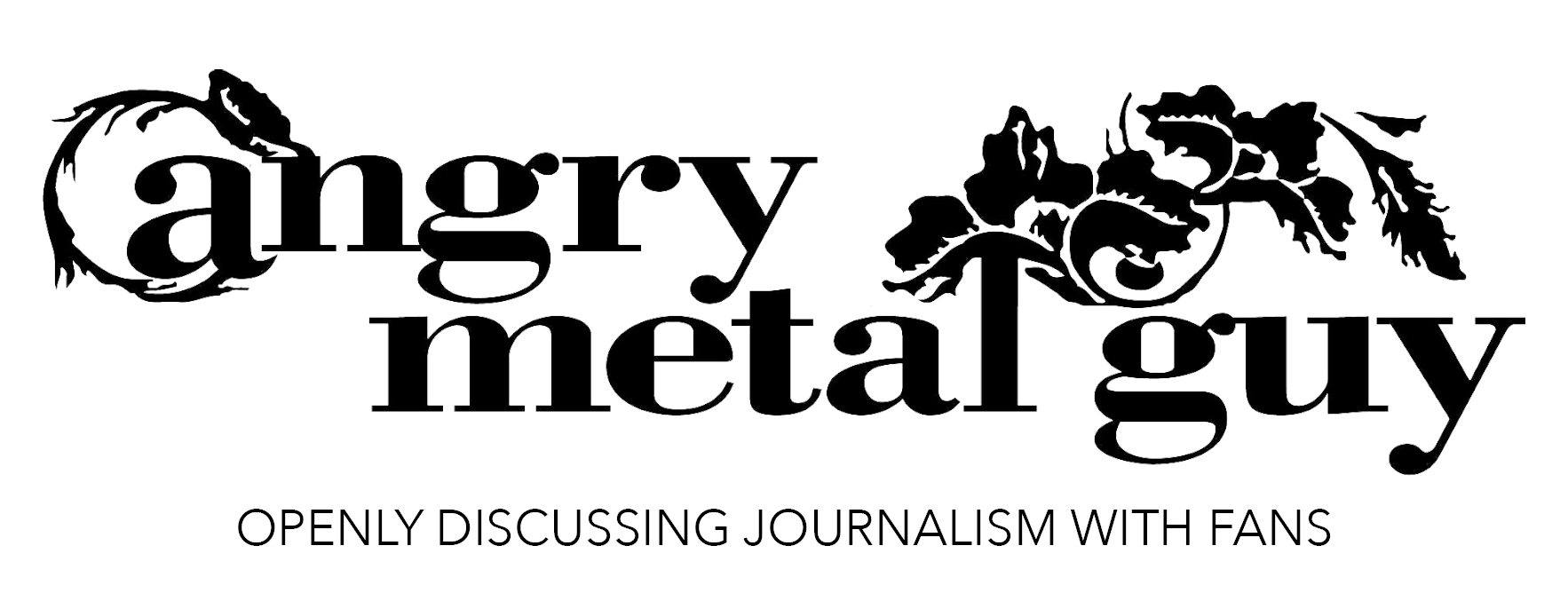Svartsyn // Black Testament
Rating: 2.5/5.0 — Somewhere between life and death.
Label: Agonia Records
Websites: svartsyn.com
Release Dates: EU: 2013.05.28 | NA: 06.11.2013
 Black metal. No, wait, not that one; but the other, unpolished predecessor of whatever came next. And when I say ‘next’ I mean that black metal. With its intriguing plots, assassinations, Satanists that become pagans, that go to prison and discover the absolute, compelling modernity of nationalism. Usually right before they realize that, you know what, milking Norwegian cows can indeed be a form of protest against Christianity and Judaism if one looks at it from the right perspective. Black metal, I say, and I mean Bathory, Venom and you know the rest of the list. Svartsyn live in the past and they do it in style. Close your eyes and let “Revelation in the Waters” take you somewhere beautifully rotten and dangerous. Two minutes in and it is 1986. Once again.
Black metal. No, wait, not that one; but the other, unpolished predecessor of whatever came next. And when I say ‘next’ I mean that black metal. With its intriguing plots, assassinations, Satanists that become pagans, that go to prison and discover the absolute, compelling modernity of nationalism. Usually right before they realize that, you know what, milking Norwegian cows can indeed be a form of protest against Christianity and Judaism if one looks at it from the right perspective. Black metal, I say, and I mean Bathory, Venom and you know the rest of the list. Svartsyn live in the past and they do it in style. Close your eyes and let “Revelation in the Waters” take you somewhere beautifully rotten and dangerous. Two minutes in and it is 1986. Once again.
Active since 1992, when they were known as Chalice, this band of Swedes is damn serious about their music. “This album is a sinister mix between Destruction Of Man (2003) and Timeless Reigns (2007). It’s a journey through my spiritual darkness and death”, candidly admits Ornias, the high priest behind (and in front, since he’s the vocalist and guitarist and bassist ) Svartsyn. Now, this is nothing new, since we aren’t talking bubble-gum pop here, but Black Testament really delivers what it says on the tin. Intricate songwriting, matched by tortuous guitar work that may sound out-dated (and in reality it is), but which draws from early Dissection and the subsequent Scandinavian scene with an aesthetic outcome that is both modern and indebted to the original sinners (again: Bathory and Venom).
 Denying that abandoning the lo-fi doctrine does not make a huge difference for a black metal band would be utterly hypocritical of us. The contrast between Black Testament and albums like Bloodline and A True Legend is in the more mature approach to composition: that is true. But the mere fact that the music manages to clearly emerge from the self-induced romanticist miasma of the early productions surely contributes to giving depth to the sound. However, the dynamics taking shape are nothing excitingly new. The patterns, the time signatures, the pace, the harmonies and even the cacophonies are an intriguing but stale picture of what once was a thriving music genre. Are “Revelation in the Waters”, “Eyes of the Earth” and “Rising Beast” a fine example of black metal’s evolution within black metal? They are indeed. But if there’s a market for this, it is not the one the musically curious are desperate to visit or eager to invest their money in.
Denying that abandoning the lo-fi doctrine does not make a huge difference for a black metal band would be utterly hypocritical of us. The contrast between Black Testament and albums like Bloodline and A True Legend is in the more mature approach to composition: that is true. But the mere fact that the music manages to clearly emerge from the self-induced romanticist miasma of the early productions surely contributes to giving depth to the sound. However, the dynamics taking shape are nothing excitingly new. The patterns, the time signatures, the pace, the harmonies and even the cacophonies are an intriguing but stale picture of what once was a thriving music genre. Are “Revelation in the Waters”, “Eyes of the Earth” and “Rising Beast” a fine example of black metal’s evolution within black metal? They are indeed. But if there’s a market for this, it is not the one the musically curious are desperate to visit or eager to invest their money in.
The others, instead, will love Black Testament for what it is: an honest account of the pros and cons of being a black metaller today. Loving a music genre is a tough game, but one which deserves respect and admiration nonetheless. The time has come for us to deal with that niche of musicians who proudly refuse to grow and leave their dreams behind in favour of a so-called ‘process of maturation’, which in most cases is a lame, artistically clumsy denial of their end. And, yes, Burzum and your cows: this one’s for you. Black Testament is good. A good and lovable piece of postmodernism applied to a fading underground.


















